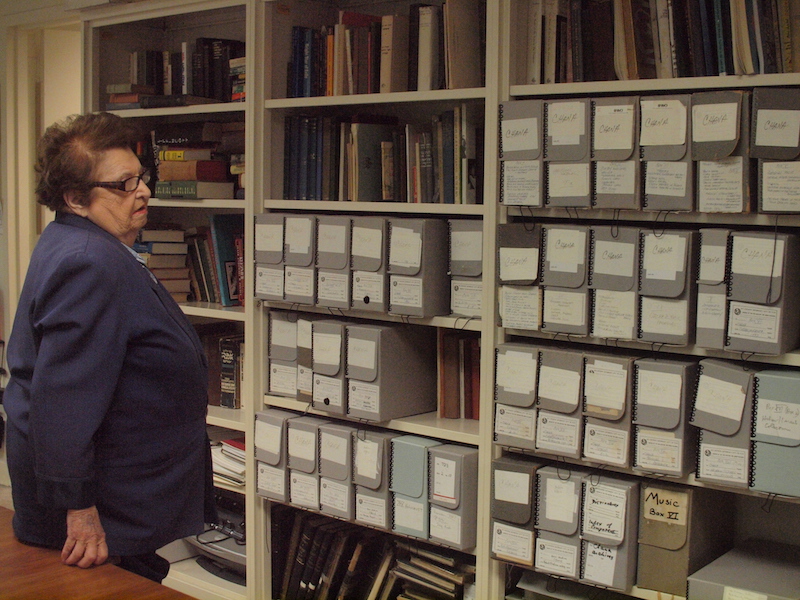Zalmen Mlotek is an American conductor, pianist, musical arranger, accompanist, composer, and the Artistic Director of the National Yiddish Theatre Folksbiene (NYTF), the longest continuous running Yiddish theatre in the world. He is an internationally recognized authority on Yiddish folk and theater music, and a leading figure in the Jewish theatre and concert worlds. As the Artistic Director of the NYTF for the past twenty years, Mlotek helped revive Yiddish classics, instituted bilingual simultaneous English and Russian supertitles at all performances, and brought leading creative artists of television, theatre, and film, such as Itzhak Perlman, Mandy Patinkin, Sheldon Harnick, Theo Bikel, Ron Rifkin, and Joel Grey, to the Yiddish stage. His vision has propelled classics including NYTF productions of the world premiere of Isaac Bashevis Singer’s Yentl in Yiddish (1998), Di Yam Gazlonim and the 1923 Rumshinky operetta, “The Golden Bride” (2016), which was nominated for a Drama Desk Award and listed as a New York Times Critics Pick. During his tenure at the NYTF, the theatre company has been nominated for over ten Drama Desk Awards, four Lucille Lortel Awards, and has been nominated for three Tony Awards. In 2015, he was listed as one of the Forward 50 by The Forward, which features American Jews who have had a profound impact on the American Jewish community.



